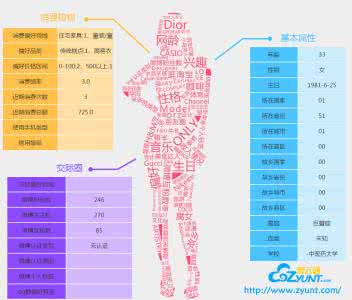We examine how the behavior of software developers changes in response to removing gamification elements from GitHub, an online platform for collaborative programming and software development. We find that the unannounced removal of daily activity streak counters from the user interface (from user profile pages) was followed by significant changes in behavior. Long-running streaks of activity were abandoned and became less common. Weekend activity decreased and days in which developers made a single contribution became less common. Synchronization of streaking behavior in the platform's social network also decreased, suggesting that gamification is a powerful channel for social influence. Focusing on a set of software developers that were publicly pursuing a goal to make contributions for 100 days in a row, we find that some of these developers abandon this quest following the removal of the public streak counter. Our findings provide evidence for the significant impact of gamification on the behavior of developers on large collaborative programming and software development platforms. They urge caution: gamification can steer the behavior of software developers in unexpected and unwanted directions.
翻译:我们研究软件开发者在从GitHub这个合作编程和软件开发的在线平台上删除加注元素后的行为变化如何。我们发现,在不经宣布地从用户界面(从用户概况页面上)删除每日活动记录计数器之后,行为发生了重大变化。长期活动趋势被抛弃,变得不那么常见。周末活动减少,开发者作出单一贡献的天数也减少。平台社会网络中的累列行为同步化也减少了,表明加注是社会影响力的强大渠道。关注一组公开追求100天捐款目标的软件开发者,我们发现其中一些开发者在消除公共累列反差后放弃了这一追求。我们的调查结果提供了证据,证明加注对开发者在大型协作编程和软件开发平台上的行为产生了重大影响。他们敦促谨慎:加注可以引导软件开发者的行为走向意外和不必要的方向。





